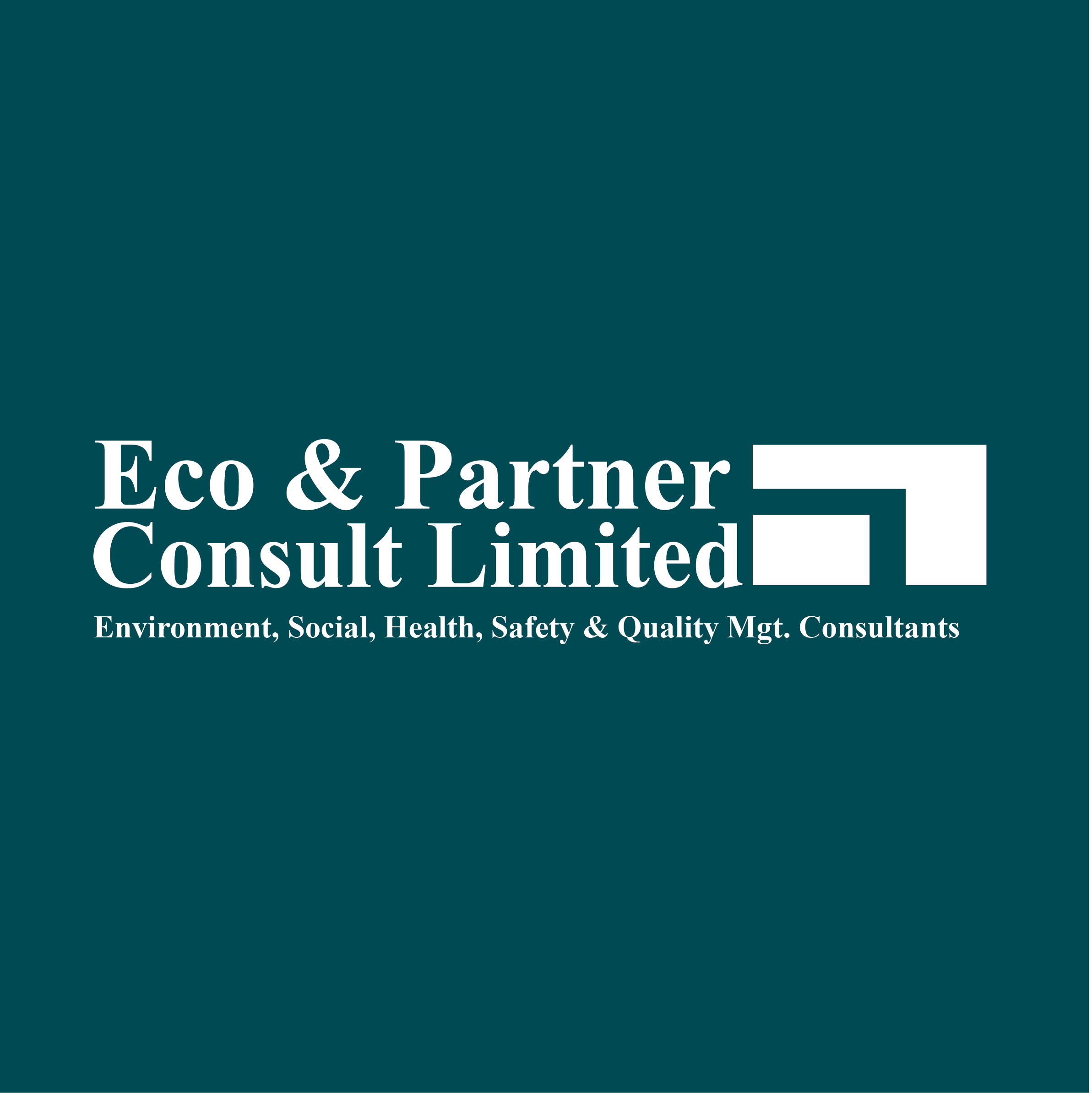
Stakeholder Engagement – Rev6
Service
Stakeholder Engagement
Our stakeholder engagement team works combine the highest standards of verbal and visual communication with in-depth technical expertise to ensure in-depth and accurate presentation of the project related information to the different stakeholders. We consider stakeholder engagement as a platform for identifying the environmental and social issues that matter most for the business.
By informing and engaging all stakeholders in a way that is independent and impartial we aim to maintain the highest levels of trust and integrity. We ensure a wide range of groups and individuals are involved; from the client and consulting teams, through statutory consultees and both national and local special interest stakeholder groups, to the wider community.
Technical support includes:
- Identifying key stakeholders i.e., Project Affected Persons (PAPs)
- Developing stakeholder engagement plans and activities appropriate for the various stakeholders including stakeholder trainings
- Organizing and managing the engagement process and organizing meetings, workshops and focus groups and wider public events and exhibitions
- Facilitating technical and non-technical workshops, telephone interviews and focus groups, planning and design events and chairing meetings
- Producing all supporting material including copywriting, media relations, graphics and multimedia design and print management
- Ongoing reporting and integration of views in project and programme design,
- Developing grievance mechanisms (for country and international standards)
- Development of stakeholder engagement plans
Do you need any of our services ?
COMPANY
P.O. Box 23989, Kampala, Uganda
MAIN MENU
OTHER PAGES
admin January 13, 2023





